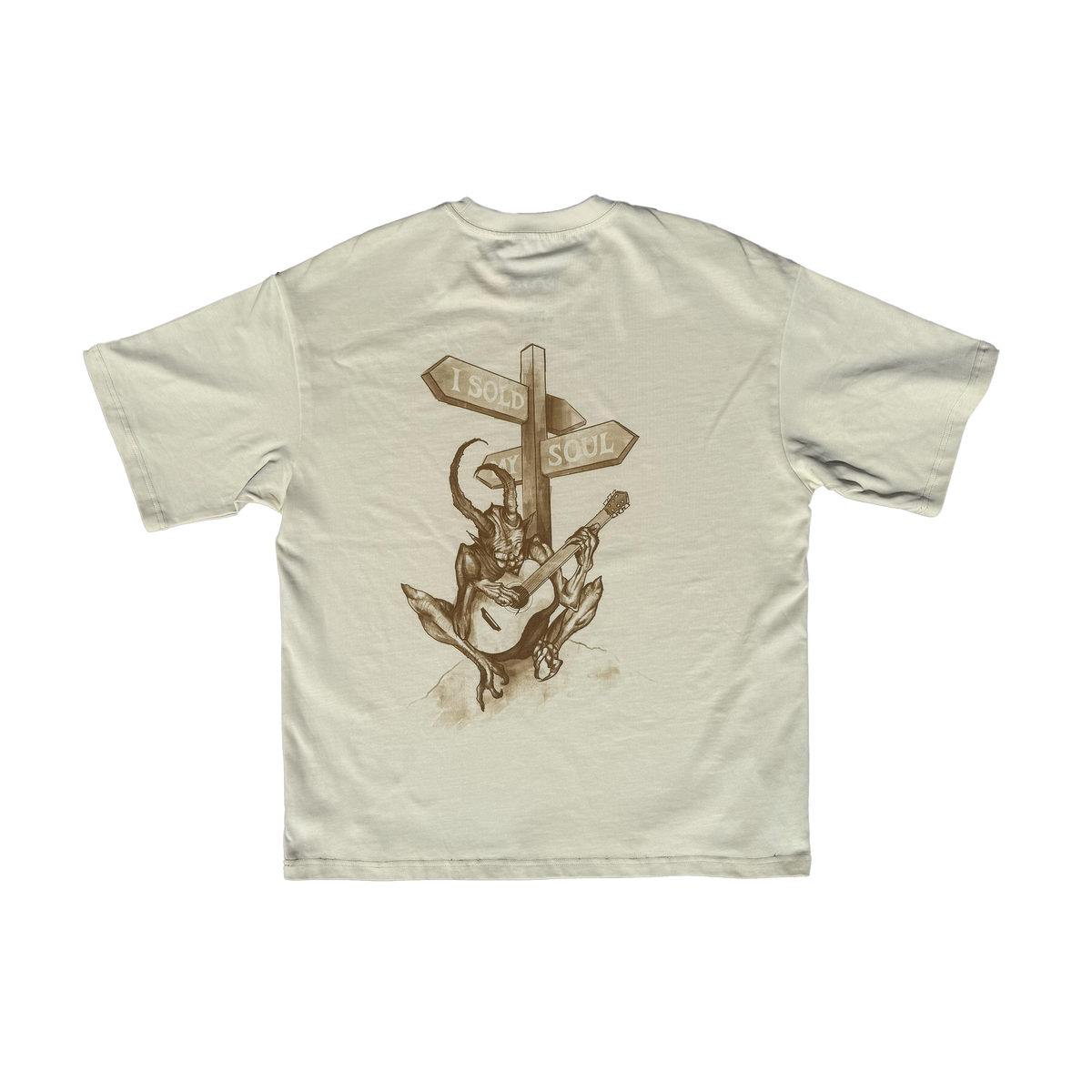The Song That Redefined a Sound
In the early 1970s, The Eagles emerged as architects of a new American sound, blending country, rock, and folk into a seamless tapestry that captured the spirit of a restless generation. Their music spoke to the disillusionment and wanderlust of post-1960s America, a time of social upheaval and shifting cultural tides. Among their catalog of timeless hits, "Hotel California," released in 1977, stands as a monument not only to the band's creative peak but also to the era's existential undercurrents. Written during a period of both personal and professional transition for the band, the song crystallized their signature sound while pushing lyrical storytelling to unprecedented depths. At the height of their fame, following the 1976 album Hotel California, The Eagles were navigating internal tensions and the pressures of success, which seeped into the song's haunting narrative. What is it about "Hotel California" that continues to mesmerize listeners, transcending its time to become a cultural enigma?
The creation of "Hotel California" was a collaborative triumph, born from a demo by guitarist Don Felder, who crafted the iconic instrumental foundation in a rented beach house in Malibu. Felder's original recording, a 12-string acoustic piece layered with a haunting bassline, caught the attention of Don Henley and Glenn Frey, who saw its potential as a cinematic narrative. Henley, the band's primary lyricist for this track, spent weeks refining the words in the studio, weaving a tale of excess, entrapment, and surrealism that many interpret as a critique of the American Dream. The recording took place at Criteria Studios in Miami and Record Plant in Los Angeles under the meticulous guidance of producer Bill Szymczyk, with the band laboring over every detail, from the dual guitar harmonies to Henley's evocative vocal delivery. Notably, the extended guitar solo at the song's climax, a interplay between Felder and Joe Walsh, was painstakingly composed and rehearsed to evoke a sense of both beauty and unease. This process, marked by the band's perfectionism, transformed a simple instrumental idea into a sprawling epic that would define their legacy.
"I was trying to capture the mood of being lost in a world of excess, where you can check out but you can never leave."
Inspiration, Emotion, and the Spark of Creation
At its emotional core, "Hotel California" is a meditation on the seductive allure and ultimate hollowness of fame, materialism, and the hedonistic lifestyle that characterized 1970s Los Angeles. Don Henley has often described the song as a metaphor for the dark underbelly of the American Dream, inspired by the band's own experiences with the excesses of rock stardom. The lyrics paint a vivid picture of a traveler drawn into a mysterious, opulent hotel that becomes a prison of sorts, reflecting themes of addiction and disillusionment that resonated deeply with a society grappling with post-Vietnam cynicism. Musically, the song's minor-key progression and slow, deliberate tempo evoke a sense of foreboding, while the layered harmonies and intricate guitar work mirror the complexity of the narrative. Lesser-known is the influence of literature on Henley’s writing for this track; he drew inspiration from works like F. Scott Fitzgerald’s The Great Gatsby, which similarly critiques the emptiness of wealth and aspiration. This interplay of personal insight, cultural observation, and artistic depth is what gives "Hotel California" its enduring emotional weight, inviting listeners to ponder their own entrapments. The song’s enigmatic quality—never fully explaining what the "Hotel" represents—further amplifies its mystique, making it a canvas for individual interpretation.
When a Track Becomes a Movement
Upon its release as the lead single from the album Hotel California on February 22, 1977, the song soared to the top of the Billboard Hot 100, holding the No. 1 position for a week in May of that year. Critics hailed it as a masterpiece; Rolling Stone praised its "cinematic imagery" and "unsettling resonance," while others noted its departure from the band’s earlier, more straightforward country-rock hits. It became an anthem for a generation questioning the promises of prosperity, often played at parties and protests alike as a symbol of rebellion against materialism. The song also sparked endless debates and conspiracy theories about its meaning, with some listeners interpreting it as a commentary on satanism or drug culture—speculations the band consistently refuted. Its cultural footprint was immediate, dominating radio airwaves and earning a Grammy Award for Record of the Year in 1978. "Hotel California" not only cemented The Eagles as rock icons but also influenced how storytelling in popular music could carry literary and philosophical weight.
What We Miss Between the Lines
Delving into the structure of "Hotel California," one uncovers a meticulous balance of musical innovation and lyrical ambiguity that elevates it to a work of art. The song unfolds in a narrative arc, beginning with a deceptively serene acoustic introduction that builds into a brooding, electric arrangement, reflecting the protagonist’s descent into a darker reality. The dual guitar solo, a masterful exchange between Don Felder and Joe Walsh, is not merely a showcase of technical skill but a thematic device, its melancholic yet exhilarating tone encapsulating the song’s central tension between beauty and entrapment. Lyrically, Henley’s use of vivid, surreal imagery—like “warm smell of colitas” and “mirrors on the ceiling”—creates a dreamlike atmosphere, while the refrain “you can check out any time you like, but you can never leave” serves as a chilling metaphor for inescapable consequence, as confirmed by Henley in multiple interviews. The production, overseen by Bill Szymczyk, incorporates subtle yet powerful touches, such as the reverberating percussion that mimics a heartbeat, adding to the song’s hypnotic pull. For musicians, the track is a study in restraint and climax, demonstrating how every element, from chord changes to vocal phrasing, can serve a larger storytelling purpose.
- Release Date: February 22, 1977
- Producer: Bill Szymczyk
- Chart Peak: No. 1 on Billboard Hot 100 (May 1977)
- Notable Lyric: “You can check out any time you like, but you can never leave”
- Instrumentation: 12-string acoustic guitar, electric guitars, bass, drums, layered harmonies
- Recording Location: Criteria Studios (Miami) and Record Plant (Los Angeles)
Why This Song Still Matters
Nearly five decades after its release, "Hotel California" remains a cornerstone of rock music, its legacy undiminished by time. It has been covered by countless artists across genres, from reggae renditions by The Gipsy Kings to acoustic interpretations by modern singer-songwriters, each version attesting to its universal appeal. The song has permeated pop culture, appearing in films like The Big Lebowski (1998) and becoming a shorthand for themes of existential dread or societal critique. Contemporary artists, including Taylor Swift, have cited its storytelling as an influence, while its guitar solo is often ranked among the greatest in rock history by publications like Guitar World. Its relevance endures because it speaks to timeless human struggles—greed, loss of innocence, and the search for meaning—issues as pertinent today as they were in 1977. For new generations, "Hotel California" serves as both a musical masterclass and a haunting reminder of the traps we build for ourselves, ensuring its place in the cultural lexicon for years to come.
























